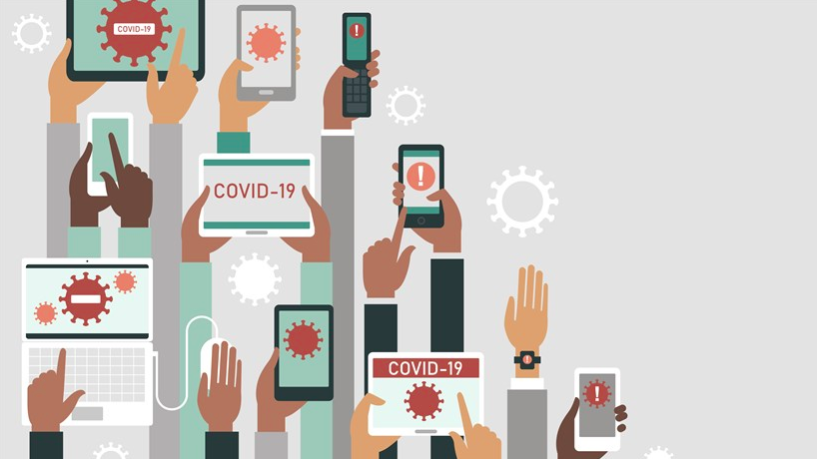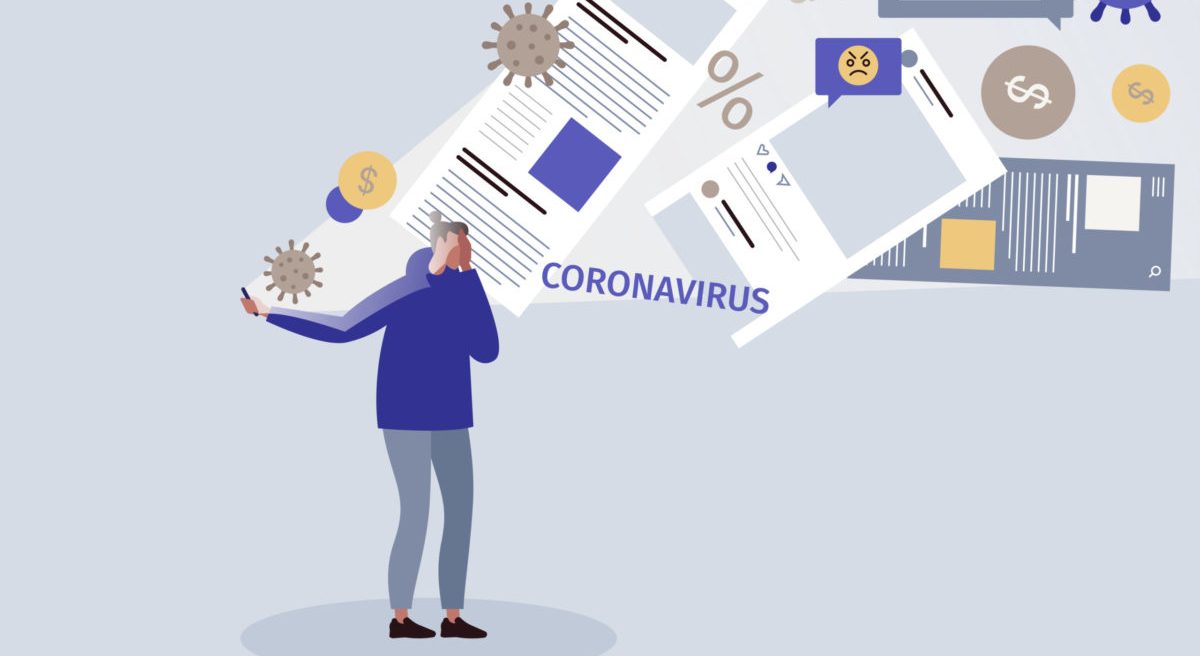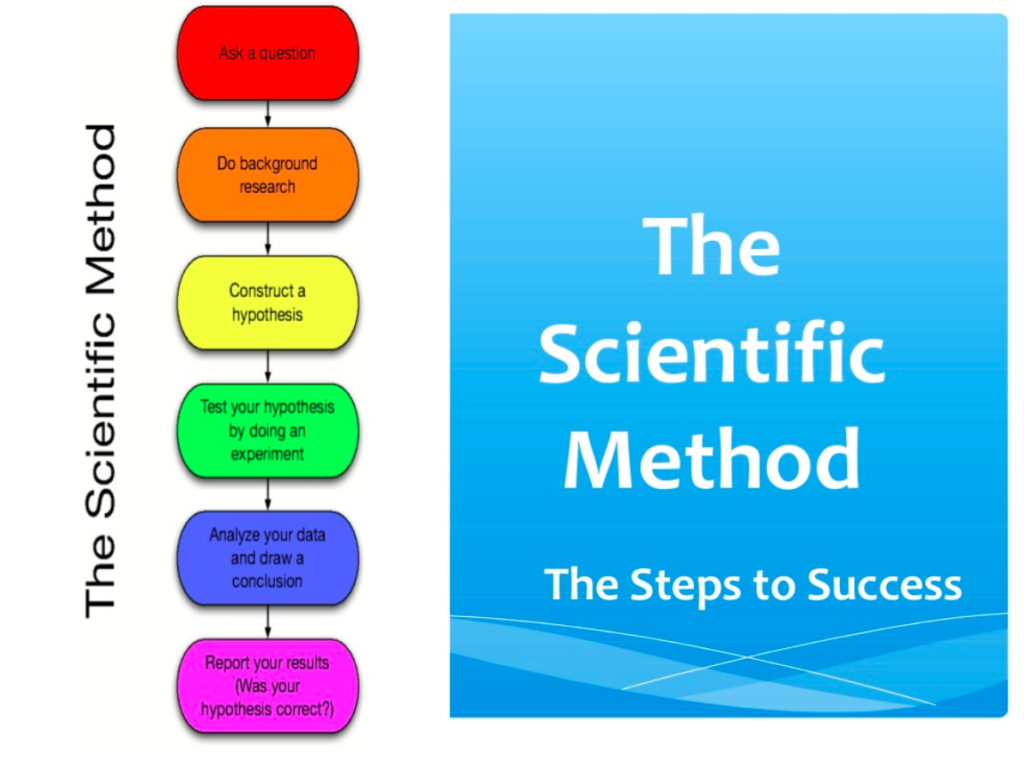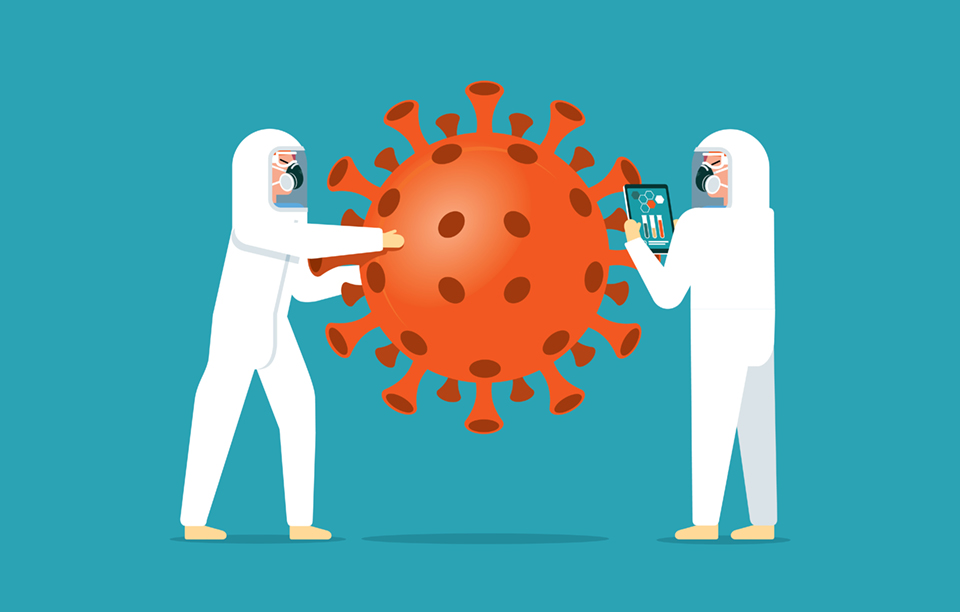The groundbreaking impact of COVID-19 has completely shifted how the human population both gathers, and interprets scientific research. There is a brand new culture of doing research. One of these great changes includes a continuous stream of data that is being released daily by preprint servers. Due to the highly intensified level of communication and collaboration among scientists, research has been fast tracked. Before the pandemic, researchers often sat on crucial data and were cautious enough to wait to publish their papers until they were peer reviewed. The research was typically reviewed by two or three researchers with relevant expertise who critiqued their work. These reviews helped ensure that the published work met a certain minimum quality standard. Often the published version of a study is slightly different from the preprint version. Sometimes key changes need to be made to the preprint version, altering the overall conclusion of the work. It is important to remain transparent when it comes to releasing research still in the preprint stage. The awareness that knowledge is dynamic, is key in understanding the research surrounding COVID-19. The pandemic is unprecedented, and displays the importance of strengthening the global scientific community.
The COVID-19 outbreak has broken the mold as more than 283 papers had already appeared on preprint repositories compared with 261 published in journals. This large surge of data present on preprint servers is leading to an “infodemic” of bad information. Yes, the speed at which the studies are being produced is impressive, yet there is a tension between accuracy and speed.
The evolving quality of COVID-19 has created an urgency for scientific evidence that will lead to a cure. Politicians have been faced with the dilemma of making informed decisions based on rushed research, that should support the development of effective vaccines and treatments, as well as create a better understanding of the pandemic’s effect on society. Another thing that both politicians and the general public may not consider is that science is usually a slow-moving process, as it is developed through a series of steps rather than an almost “eureka” moment. Getting to the truth, or reaching a vaccine, involves the scrutinising claims and counter-claims that come along with the scientific method. Science works less as an immediate answer, but more as a slow, erratic stumble toward ever less uncertainty. People who are not used to the speed of research are jarred by the process. For example, Stanford University researchers tested 3,330 volunteers from Santa Clara County for antibodies against COVID-19. The team concluded that 2.5-4.2% had already been infected, which was much higher than the official count. This meant that the virus is less deadly than suspected. But other scientists, including statisticians, virologists, and disease ecologists, have criticized both the study’s methods and conclusions. The desire for speed, in some instances, must be suppressed when it comes to the quality of the knowledge. False information is worse than no information at all.
The presence of confusion surrounding the virus has made many people uneasy. There is an impulse to be reassuring to the public, but is also important to remain as accurate as possible. If officials and journalists are clear about uncertainties from the start, the public can have a better understanding of why new evidence leads to new policy changes. For example, when the CDC suddenly reversed its position on wearing masks, failing to previously clarify why the issue was so divisive, people viewed it as random flip-flop in decision making.

Scientists welcome the idea that the pandemic has revolutionized the way they communicate. While presenting an abundance of tragedy, the pandemic has also created an unexpected opportunity for researchers to run “natural experiments.” Now, economists are looking into how industries cope with disasters. Matthew Kahn at Johns Hopkins University, Baltimore is gathering data to compare how companies are adjusting, given their supply chains and different restrictions imposed by countries around the world. In addition, the worldwide shift to teaching classes online suggests a more natural experiment, one that involves testing how students perform with online education versus face-to-face. The results of studies like these could be of immediate use to policy makers, as they shed light on long-term questions about how people decide what to do in a disaster. The research that economists, political scientists, psychologists, and many other researchers do is extremely valuable in showing how the virus is changing things in all aspects of society.
Rather than criticize the rate at which research is produced, the world’s population should keep in mind the complicated processes that are behind finding the most reliable, accurate, and life saving data. There has never been a pandemic like this before, one that has a scale and pace that is confusing people in all corners of the world. Scientists are adapting to the new knowledge that they learn daily. Given the importance and immediacy of the challenge we face, rigorous and high-quality research is more important than ever. By remaining transparent, making study protocols, materials, data and analysis plans available to researchers, work will be able to be scrutinized more closely, and any errors detected and corrected more rapidly.
https://theconversation.com/what-you-need-to-know-about-how-coronavirus-is-changing-science-137641
https://www.sciencemag.org/news/2020/04/social-scientists-scramble-study-pandemic-real-time
https://www.theatlantic.com/health/archive/2020/04/pandemic-confusing-uncertainty/610819/





